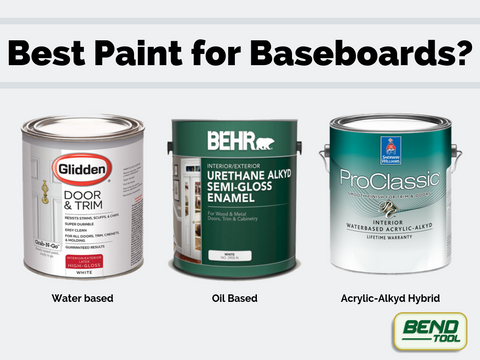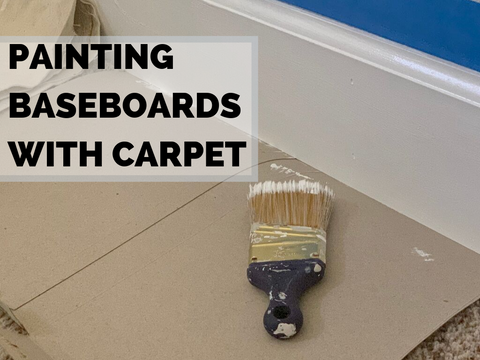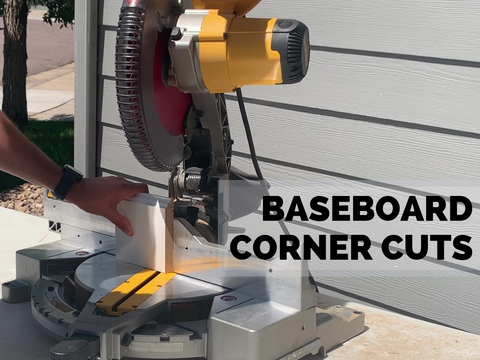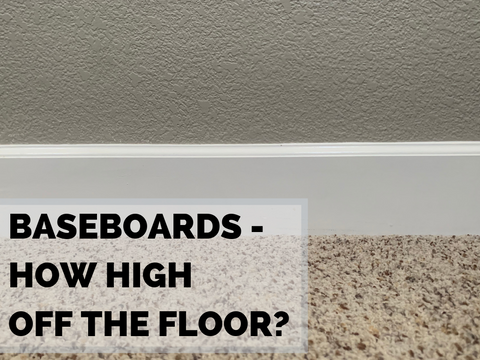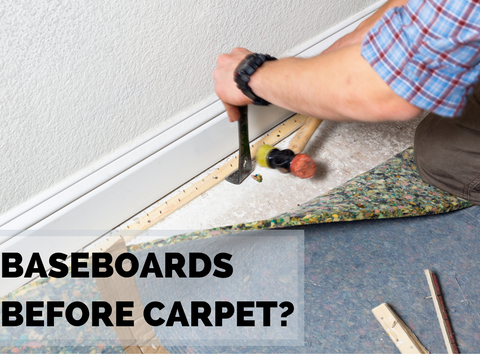
Are Baseboards Necessary? Although baseboards add a visual benefit to the room, their purpose is more than aesthetic, and most would argue they are necessary. In some cases, the baseboard is used to protect drywall. For homes that use different types of materials for walls, the benefits of baseboards may be different. Consider the following:
- Baseboards Protect Against Physical Damage: Vacuums, mops, golf balls - you name it. The bottom of the wall is more susceptible to damage from miscellaneous objects, and drywall is not designed to defend against all of it.
- Baseboards Protect Against Water Damage: Because of their material, drywall is susceptible to moisture damage. Without baseboards, moisture spilled on the floor could easily penetrate the drywall, expanding upward and creating unsightly damage.
- Baseboards Protect Against Dirt and Debris: Baseboards can provide a solid 90-degree gap for dirt and debris to stop at. Instead of the possibility of falling between difficult to access cracks. This way, they can be swept up and hauled away.
- Baseboards Hide Crooked Walls: It may be hard to believe or even see, but most walls are not straight. A quality baseboard installation can help disguise that to the naked eye.
- Baseboards Conceal Hardwood Floors that Expand and Contract: Due to moisture content, it is natural for certain types of hardwood floor to expand and contract throughout the year. This is accommodated by leaving small gaps (e.g., ¼’’) along the wall. Baseboard is necessary to cover the gaps.



